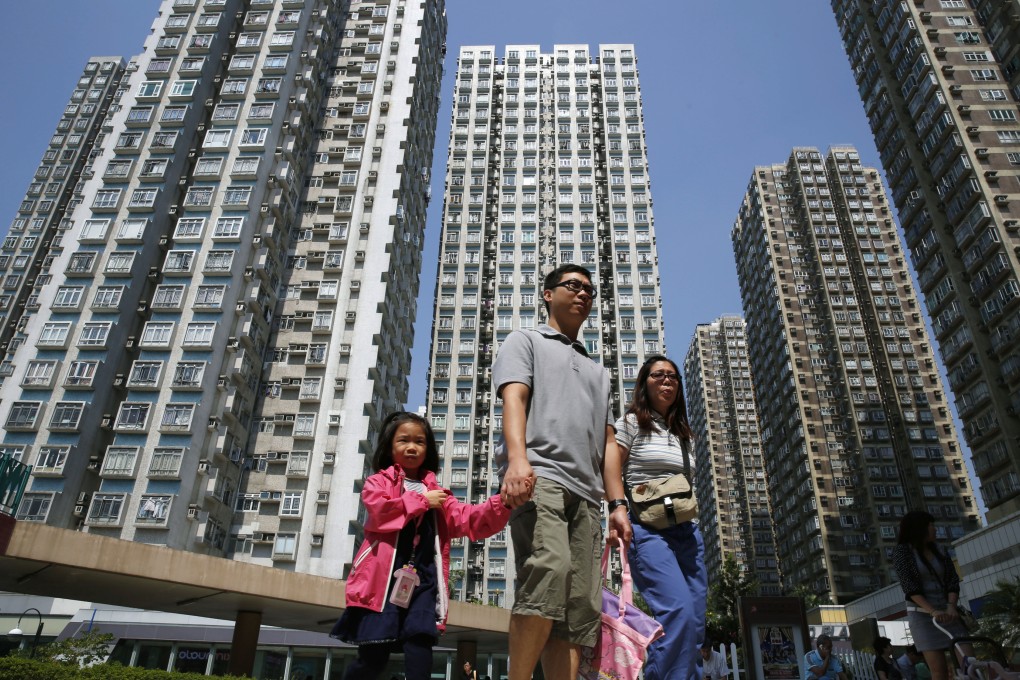The Equal Opportunities Commission puts too much focus on rights and not enough on responsibilities
Giles Brennand argues that we should strengthen traditional Chinese society

The public consultation exercise on anti-discrimination legislation illustrates three fundamental errors in the Equal Opportunities Commission's approach to its role.
First, the commission implies that rights can simply be created out of thin air. Everyone would like to enforce rights to be healthy, to live in a luxurious apartment, and to win an Olympic gold medal. But it is not going to happen. Rights are the results, not the cause, of responsibilities. If someone has accepted a responsibility, then, and only then, can someone claim against it to enforce the right created by that responsibility.
Hence the fundamental approach to the architecture of civic society should be the consideration of citizens' responsibilities, not their rights.
Second, the commission assumes that the government should have the principal responsibility for the delivery of rights. But responsibilities are most effectively and economically discharged if they follow natural structures. In human society the most important structure is the family.
So it is much better for everyone if parents are primarily responsible for the upbringing of their children, rather than some distant government body. Setting responsibilities this way has consequences. For example, there needs to be adequate, affordable housing for three-generation families. So an important function for a body like the Equal Opportunities Commission is to build agreement on the responsibilities of family members towards each other and society as a whole in a modern Hong Kong, and then ensure that other government policies are aligned to enable and support the fulfilment of those responsibilities.
Similarly, extended families and neighbourhoods, not the government, should have the primary responsibility for creating opportunities - not guarantees - of productive employment, and for ensuring that citizens show appropriate respect and consideration for others.